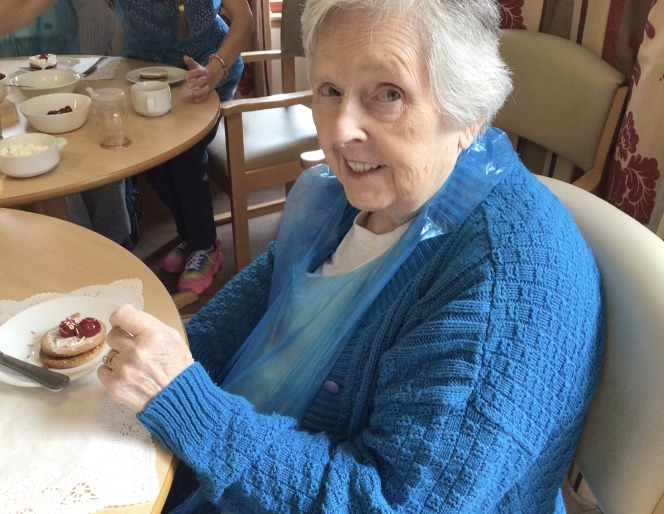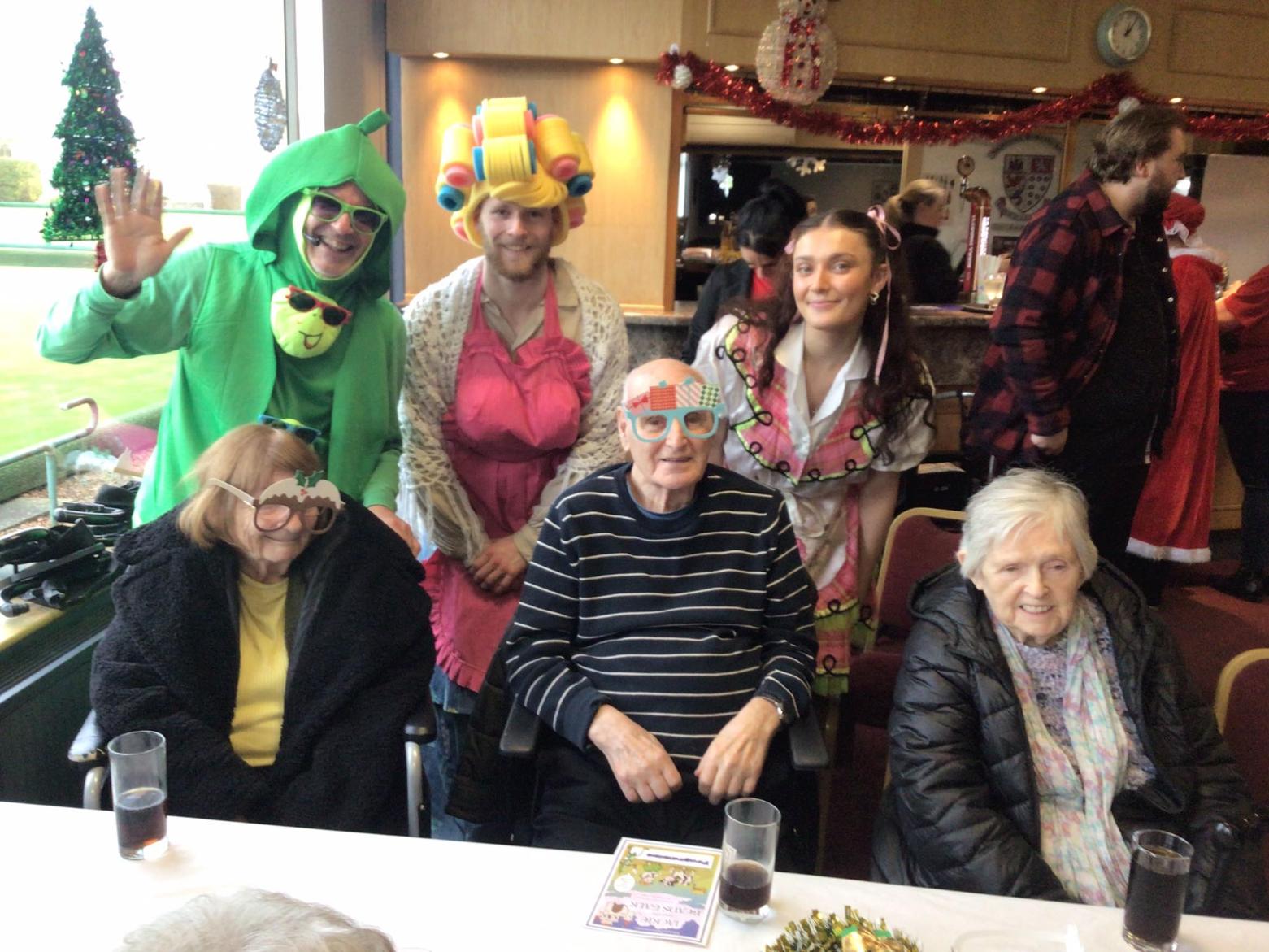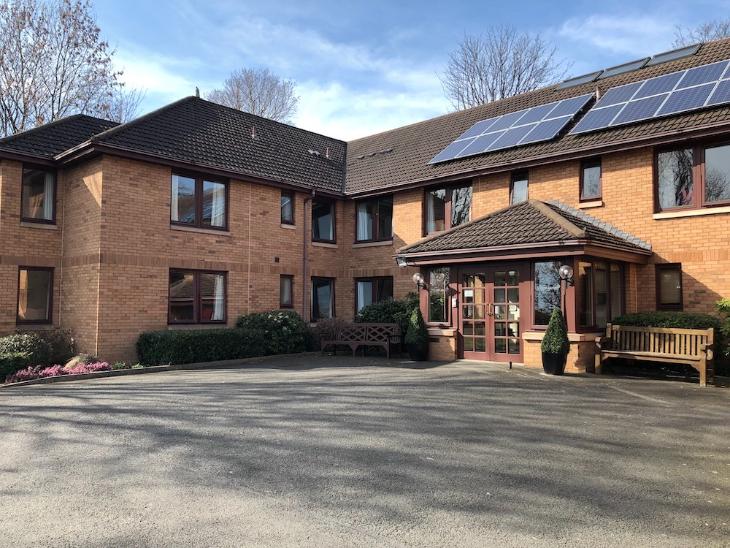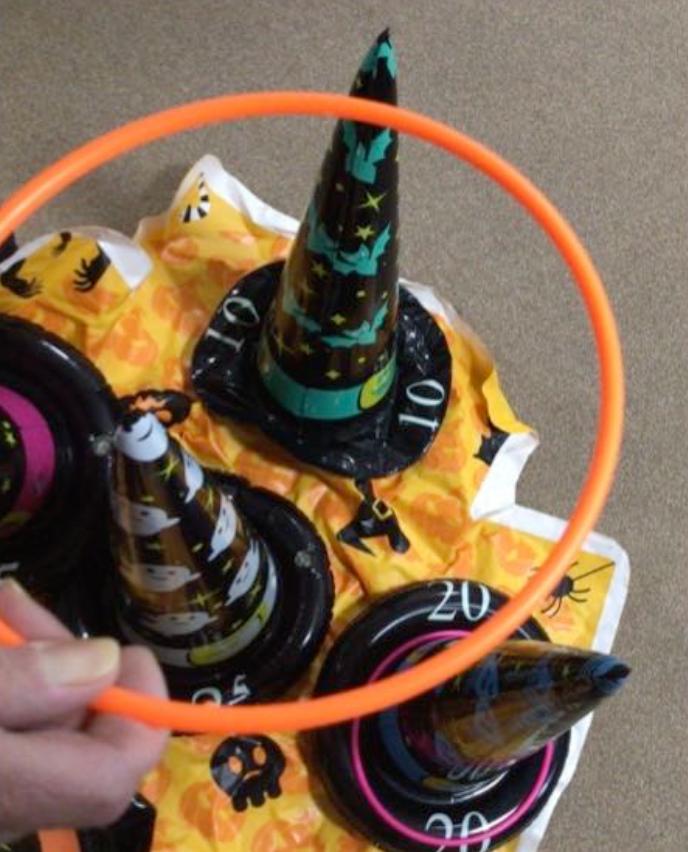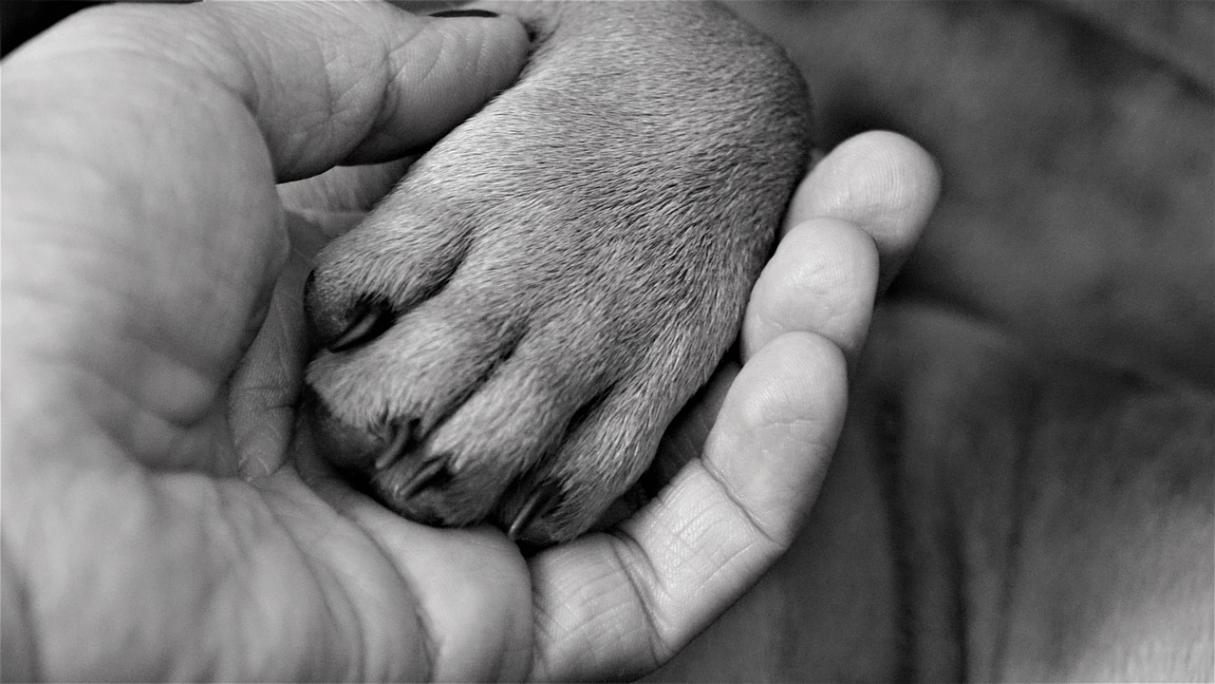How to Get an Elderly Person Into a Care Home

As we get older, it is more than likely we will all need extra assistance with our daily routines and tasks. Some people are lucky enough to be surrounded by friends and family to support them with their health and care needs in their own homes and who can continue to provide care. However, remaining in your own home may become less beneficial due to an unsafe environment, progressive mental or physical decline, safety hazards or a noticeable decrease in overall well-being.
A move into a care home might be the best option for an older individual so they can get the support they need on a daily basis. We understand that moving an elderly person into a residential care home or nursing home can be extremely challenging for not only that person but also their family members for several reasons. Below is some advice on how you can make the transition into a care home as smooth as possible.

Involve Your Elderly Relative in the Conversation From the Start
To reduce as much anxiety as possible, it is important that you allow the elderly person to be involved in the decision-making process. This will allow them to feel like they are taking control in what could be considered a difficult time in their life. Once you feel like your loved one is comfortable with the thought of moving to a care home, book some appointments to visit some local care homes so they can see what daily life is truly like. This would be a great opportunity for them to ask questions about their concerns to the care home staff if they have the mental capacity to do so.
Openly Speak About Residential Care Early
Moving into a care home can be considered as a negative or daunting process when it doesn't need to be. A lot of people are worried about no longer living independently and losing their familiar surroundings, so it is important that a move into a care home isn't sprung upon them. Speaking about a residential care home well in advance can give your elderly relative time to process the thought of moving into a care home and when it comes to the right time, they will be more open to the idea. When speaking about residential homes, it is important to discuss the benefits that the family member will have. From being surrounded by professional carers, to living in an environment that’s safe for older people and being with other individuals who they can socialise and develop relationships with.
Research Care Homes In Your Local Area
It is important to find a residential care home that not only suits the needs of the individual but is also the right care home environment for them. Once you have decided on the location, you can choose from a number of homes to look at. Each one of these care homes will offer different things, so it is important to make sure that you choose one that offers the correct care type for your loved one. You can check the care home's latest inspection report for its official rating. This report will give you a better understanding of what the home is like from a resident and professional body point of view.
When you book a visit to your selected care home, look at how the other residents engage in their surroundings, this will help give an indication of whether it is an appropriate home for your family member. Some things you might want to consider asking management is what the food is like, what activities they have, and what kind of day trips they go on.
Understand What The Person's Needs Are
It is crucial to understand what kind of care an individual needs. By assessing their needs you can work out what type of care home is suitable for them. You will need to consider several things, such as mobility, personal care, physical well-being, mental capacity and location of the home. To help you decide the needs of your loved one, you might want to seek advice from a professional carer or social services for an assessment.
Create a Plan of Action Before Moving into a Care Home
When your relative agrees with a move there might be a lot of complex emotions can come out when moving into a care home for both you and your loved one. It is important to plan ahead of the move and ensure that the individual is aware that they are moving into a care home. Most care homes will allow residents to bring along their own belongings to make them feel more like their own homes. To offer more support to the new resident and their families, many care homes will have a dedicated staff member who will help them settle in and become a familiar face.
Consider Costs and Any Other Challenges
It is well known that care homes and nursing homes can be quite expensive, so it is important to consider the costs and how the 24-hour care will be paid for. If you cannot afford to do self-funding, you may be eligible for financial support from your local authority following a financial assessment. If you are able to contribute to a percentage of the fees your local council may be able to take care of the rest. It is important to point out that fees might go up yearly depending on the cost of living, you should discuss the payment structure with the care home prior to moving in.
Seek Advice From a Professional
A move into a care home can be very challenging for not only the person receiving care but also the family. If you feel unsure if a move into a care home is the right decision, you might want to seek answers from your local social services, a care professional or online resources. This should give you a better understanding of what to expect during the transitional phase for peace of mind.

How can Struan Lodge help
Struan Lodge Care Home is located in the suburbs of Balgreen, in Edinburgh, offering a range of 24-hour care services which include Residential Care, Dementia Care, Nursing Care and Respite Care by a dedicated team of care professionals. The Struan Lodge team go above and beyond to ensure that all of our resident's care needs are met in a safe and supportive environment.
Struan Lodge Care Home offers a range of facilities that our residents can utilise each and every day for a fulfilled way of life. Our facilities include a hair salon, aromatherapy, arts & crafts, a garden and a daily activities programme to keep residents engaged and entertained. We encourage residents to pursue their interests and hobbies and support them in their endeavours, no matter their level of care needs.
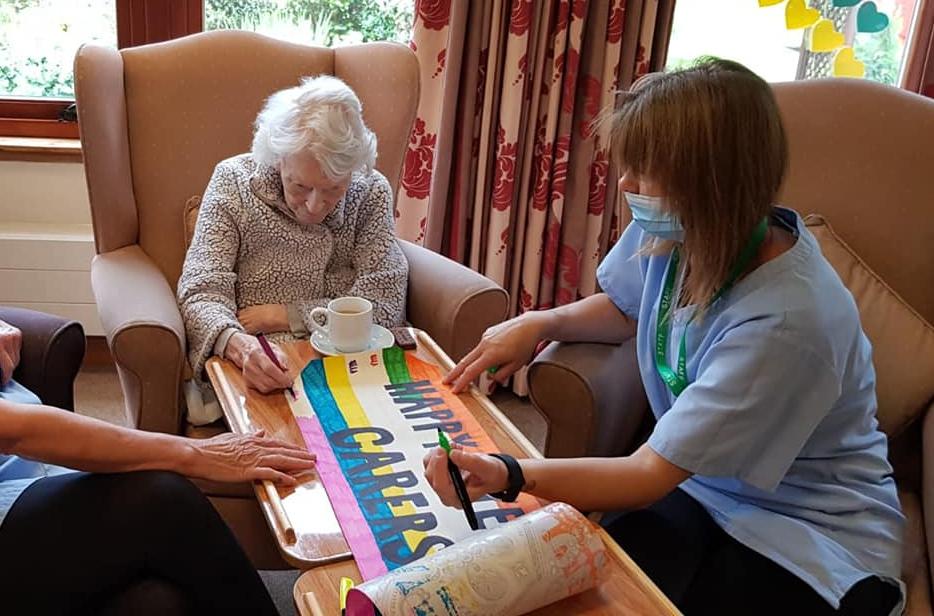
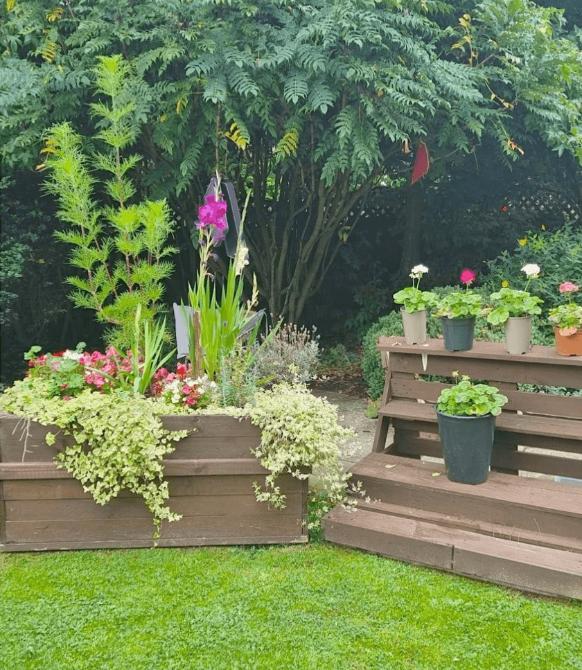
Speak to Our Friendly Team
If you would like more information on how to start your or your loved one’s care journey, get in touch with the team at Struan Lodge by calling 013133 77477, emailing manager@struanlodgecare.com or by filling out a contact form, and a member of the team will happily provide their assistance.
